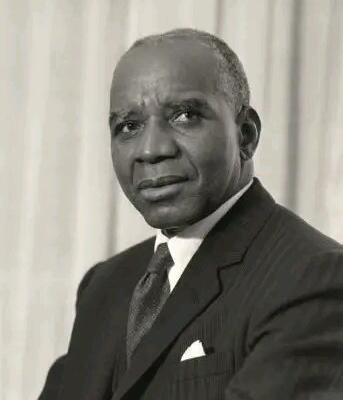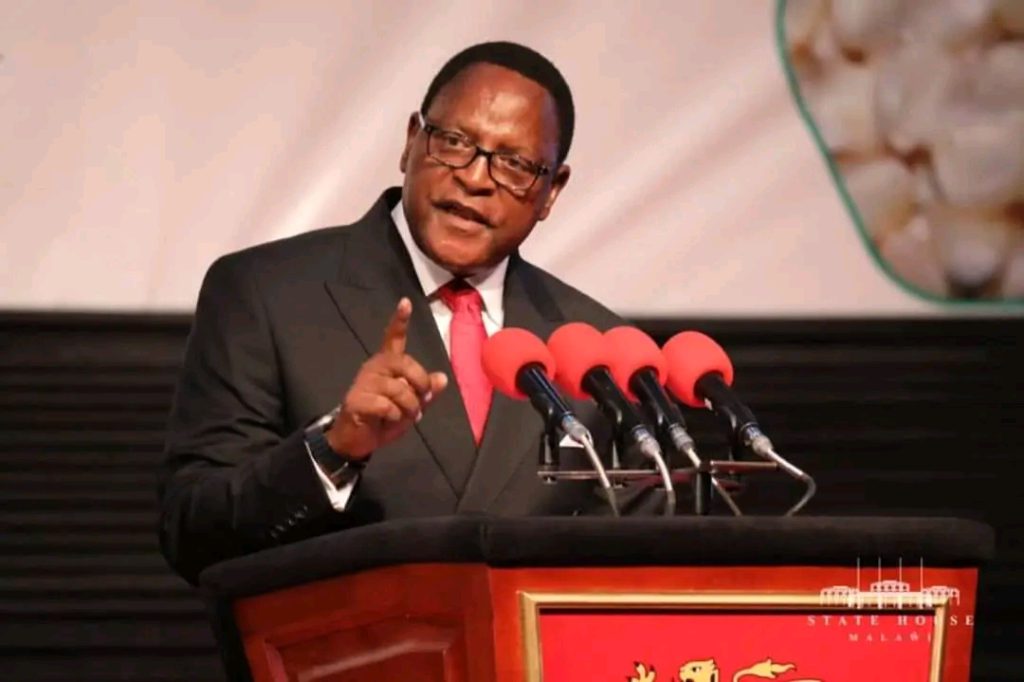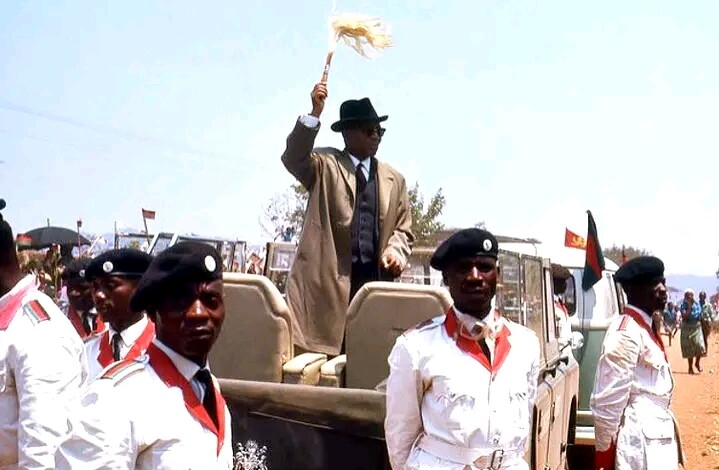
Malawians on May 14 every year commemorate the life of Hastings Kamuzu Banda, the first President of Malawi. Kamuzu, as he was affectionately known, had a complex legacy filled with both positives and negatives. While he played a significant role in leading Malawi to independence and advocating for African unity, his authoritarian rule was marred by brutality and oppression.
Under Kamuzu’s Malawi Congress Party regime, many Malawians were subjected to unimaginable atrocities. It is well-documented that individuals were brutally murdered, some even thrown into crocodile-infested waters. Those who dared to speak out against the government were often thrown into prison without due process. The legacy of this era is so profound that the Malawi Congress Party is now referred to as the “crocodile party,” symbolizing the cruelty inflicted on the people.
His downfall, however, was a relief to many Malawians who had suffered under his oppressive rule. Unfortunately, the ruling Malawi Congress Party inherited this legacy of cruelty, as evidenced by reports of supporters using violence against those who oppose them. The current Malawi Congress Party, under Chakwera, continues to oppress people both economically and physically, creating an environment of fear and intimidation.

Recent events further highlight the oppressive nature of the Malawi Congress Party. The failure of the police to arrest perpetrators who engaged in violent acts against opposition supporters demonstrates a lack of accountability and justice within the system. The burning, beating, and destruction of property belonging to DPP supporters on a parade is a clear indication of the ongoing political unrest and violence in the country.
It is crucial to acknowledge Kamuzu’s shortcomings and the atrocities committed under his rule. Commemorating him as a hero or a symbol of national pride disregards the pain and suffering experienced by the victims of his regime. Instead, it is important to hold leaders accountable for their actions and ensure that the memory of those who lost their lives is honored and respected.
While some may argue that commemorating Kamuzu Day is a way to honor Malawi’s history, it is essential to recognize the immense suffering and injustices inflicted upon the people under his rule. Beyond the generalized accounts of brutality, specific examples shed light on the individual tragedies that occurred during his regime.

One such group that bore the brunt of Kamuzu Banda’s oppressive rule were the Jehovah’s Witnesses in Malawi. Known for their refusal to participate in political activities or salute the national flag due to their religious beliefs, Jehovah’s Witnesses faced severe persecution under Banda’s regime. Many Jehovah’s Witnesses were targeted, tortured, and even killed for their refusal to conform to the government’s demands.
The case of Edith Mfune, a Jehovah’s Witness who was brutally murdered by state agents for her religious beliefs, stands as a stark example of the extreme measures taken against dissenters. Her tragic death symbolizes the lengths to which the regime would go to suppress any form of opposition or nonconformity.
Furthermore, the forced exile of prominent political figures and intellectuals who dared to challenge Kamuzu’s authority paints a picture of a regime unwilling to tolerate dissent. Individuals like Attati Mpakati, a former Minister who was exiled for criticizing the government, illustrate the heavy price paid by those who dared to speak out against the injustices perpetuated by the ruling party.
The legacy of fear and intimidation instilled by Kamuzu Banda’s regime continues to haunt Malawians to this day. The scars of past atrocities run deep, shaping the socio-political landscape of the country and influencing the behavior of current leaders and parties.
In light of these historical realities, it becomes clear that commemorating Kamuzu Day without acknowledging the pain and suffering caused by his actions is not only insensitive but also a disservice to the memory of those who lost their lives or livelihoods under his rule. It is crucial for Malawians to confront their past honestly and ensure that the voices of the oppressed are heard and respected.
While some praise him for leading Malawi to independence and promoting national unity, others criticize him for his authoritarian rule and human rights abuses. One aspect of his rule that is often overlooked is his treatment of local chiefs, who were often targeted and oppressed by Banda’s regime.
One such chief who fell victim to Kamuzu Banda’s oppressive tactics was Traditional Authority Chikumbu. Like many other chiefs in Malawi, T/A Chikumbu was stripped of his authority and locked up by Banda’s government. This was part of Banda’s efforts to consolidate power and suppress any resistance to his rule. By targeting local chiefs, Banda sought to undermine traditional systems of governance that had existed long before his rule.
In addition to T/A Chikumbu, there were several other chiefs who were oppressed by Kamuzu Banda. These included Traditional Authority Mbelwa, Traditional Authority Mlonyeni, and Traditional Authority Gomani, among others. These chiefs were seen as threats to Banda’s authority and were therefore targeted and silenced by his regime. By suppressing traditional leaders, Banda sought to centralize power in his own hands and prevent any challenges to his rule.
Despite his efforts to suppress dissent and consolidate power, Hastings Kamuzu Banda has been remembered by some as a hero for leading Malawi to independence. However, it is important to consider the full extent of the pain and suffering he inflicted on the people of Malawi. The oppression of local chiefs and other forms of human rights abuses under his rule cannot be overlooked or excused.
Therefore, it is evident that Hastings Kamuzu Banda does not deserve to be remembered as a hero. The pain he inflicted on the people of Malawi far outweighs any contributions he may have made to the nation. Instead of commemorating his legacy, it is important to acknowledge the suffering he caused and learn from the mistakes of the past.
NB: The opinion does not come from Malawi24














